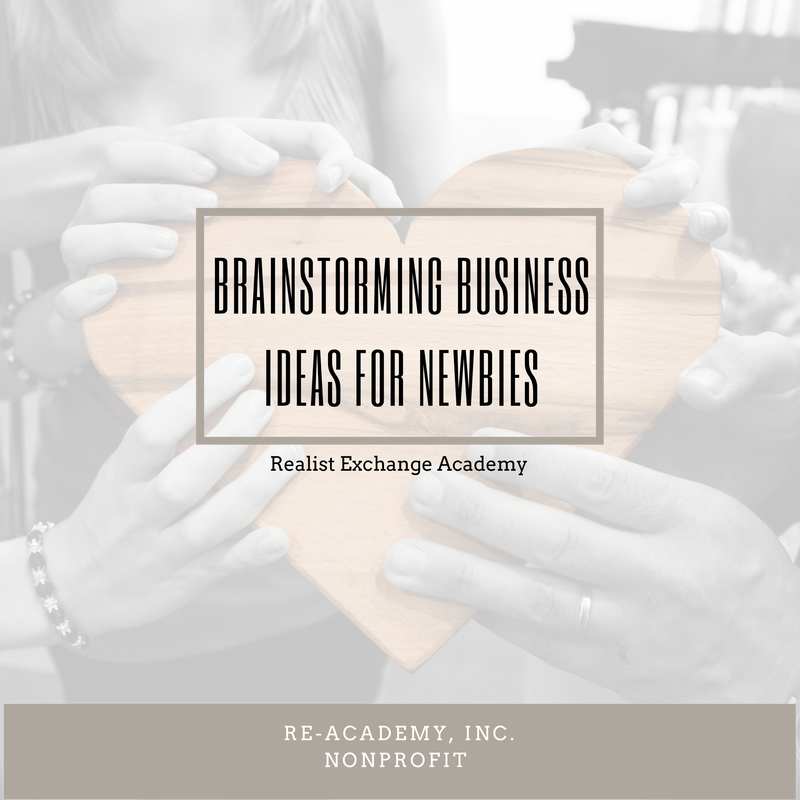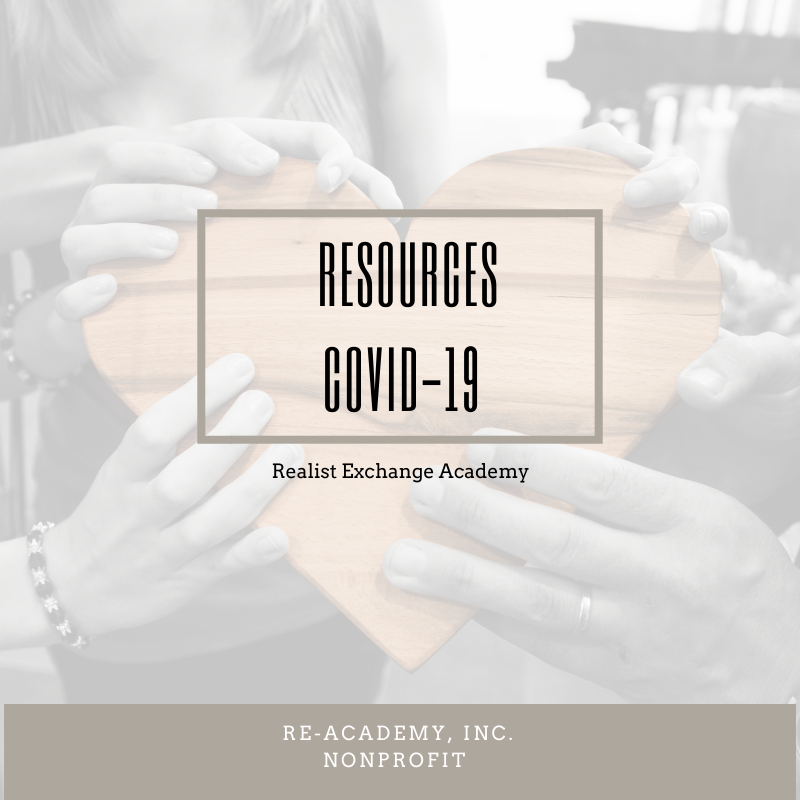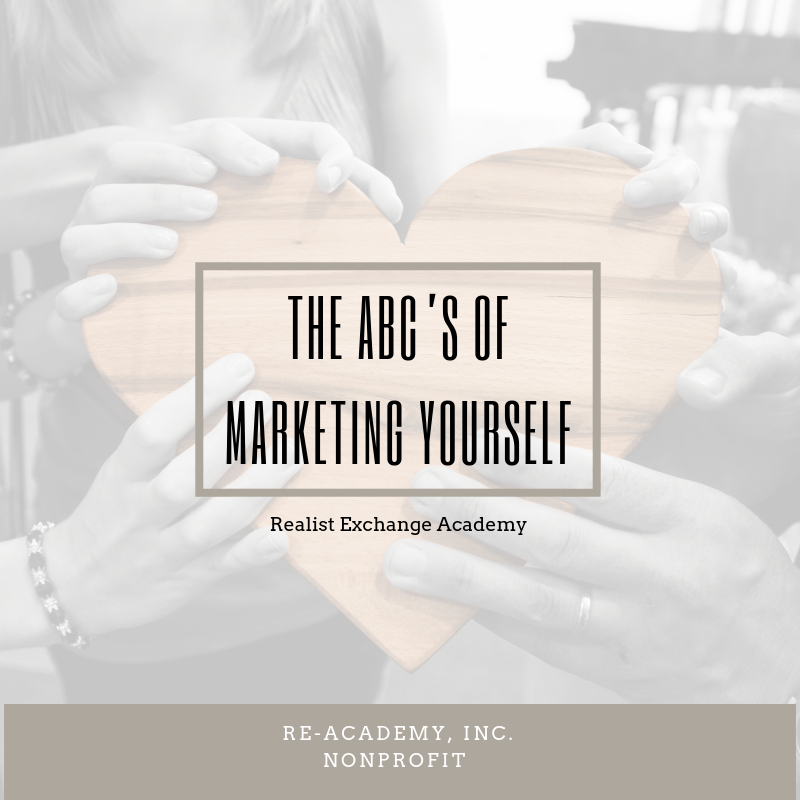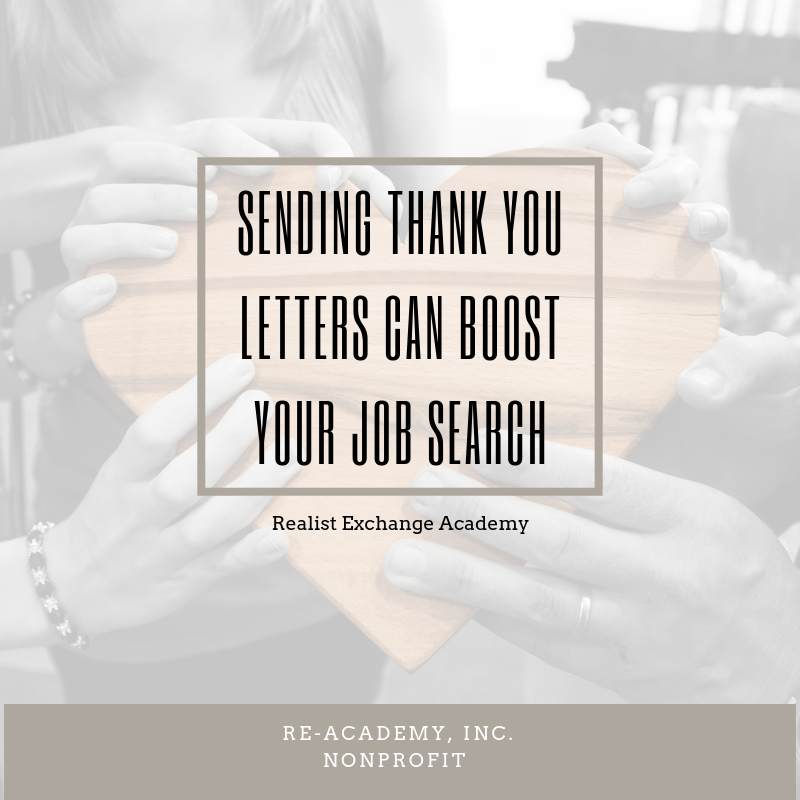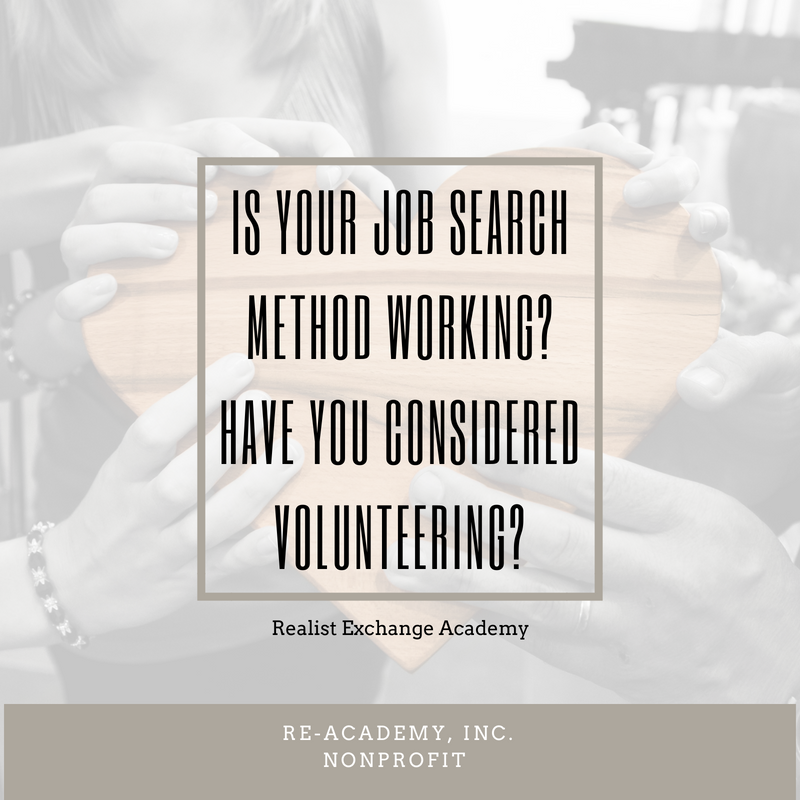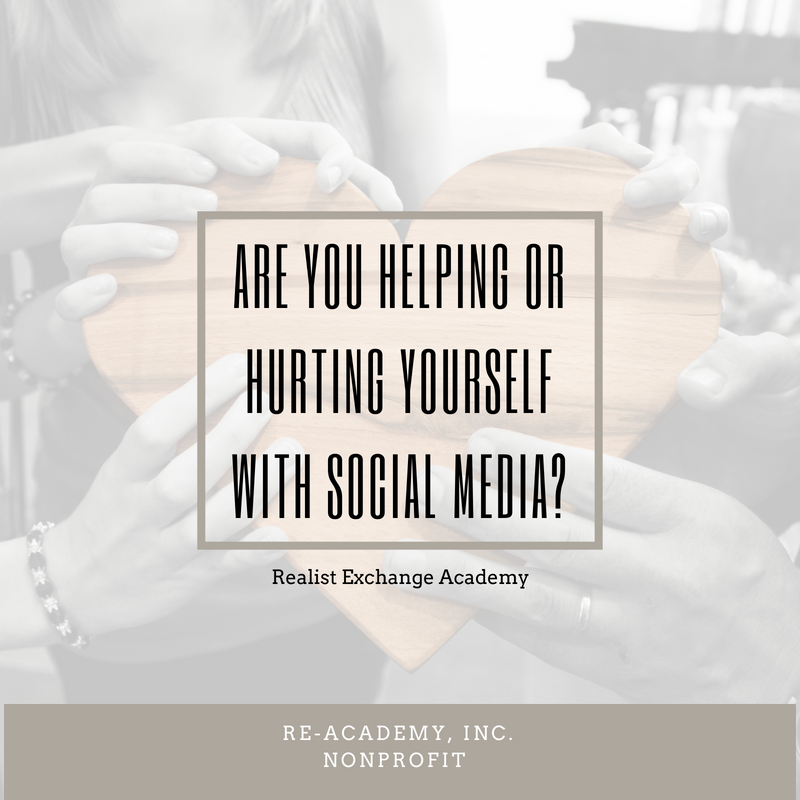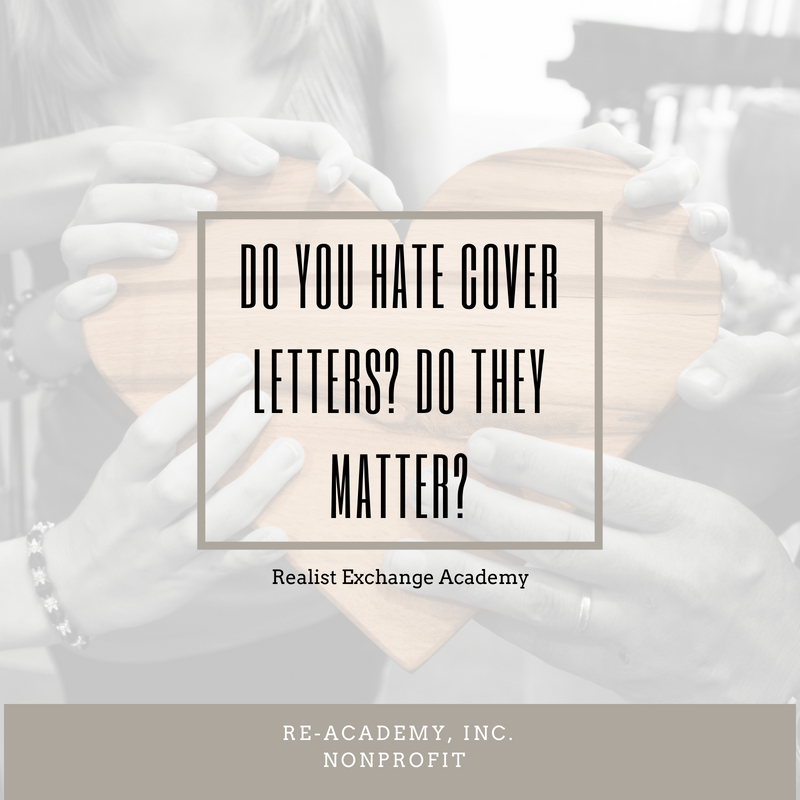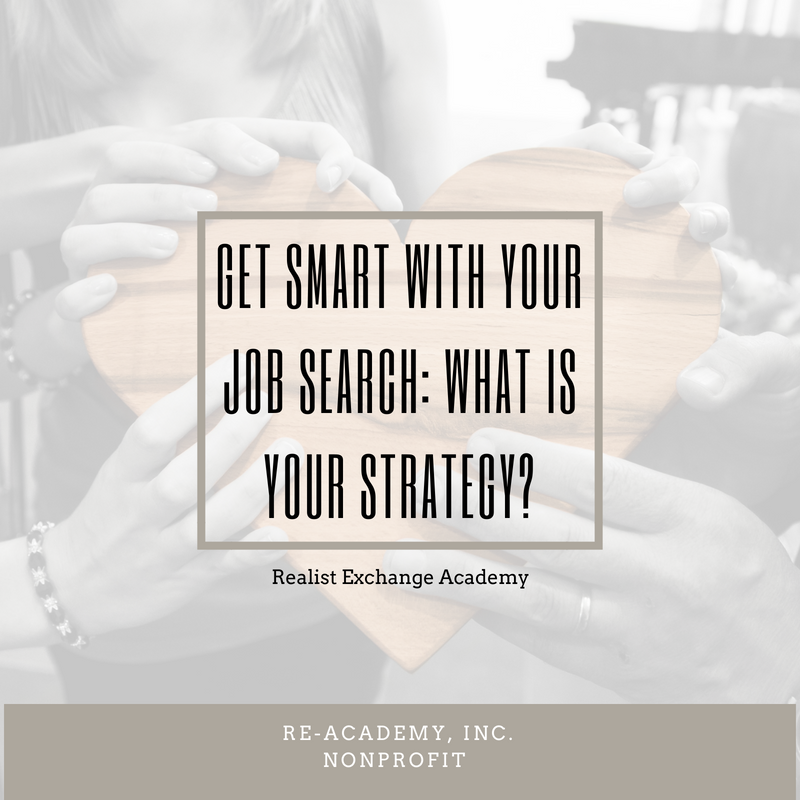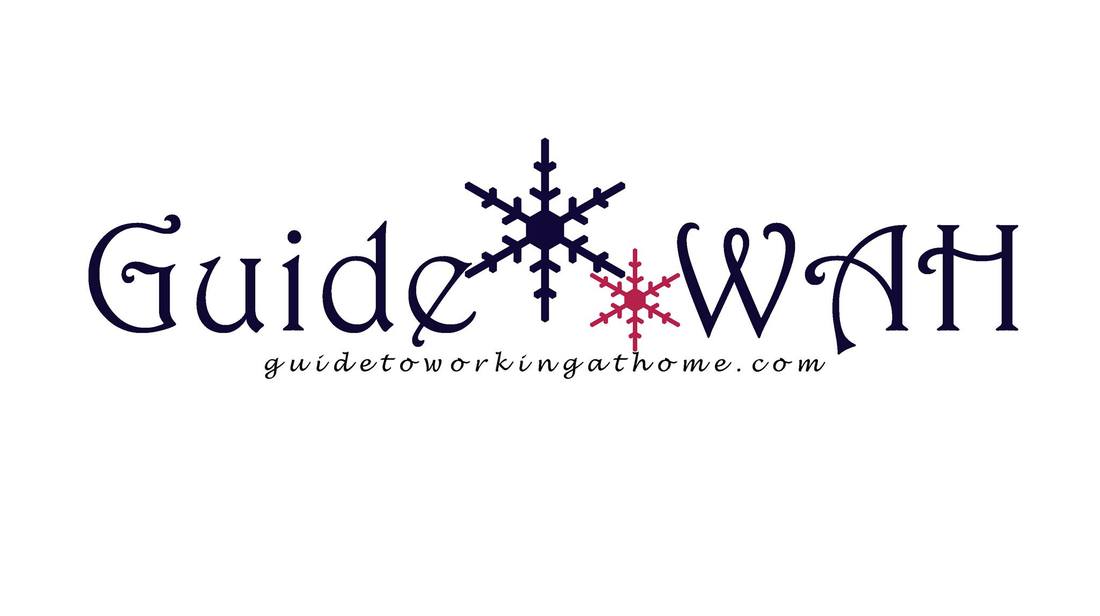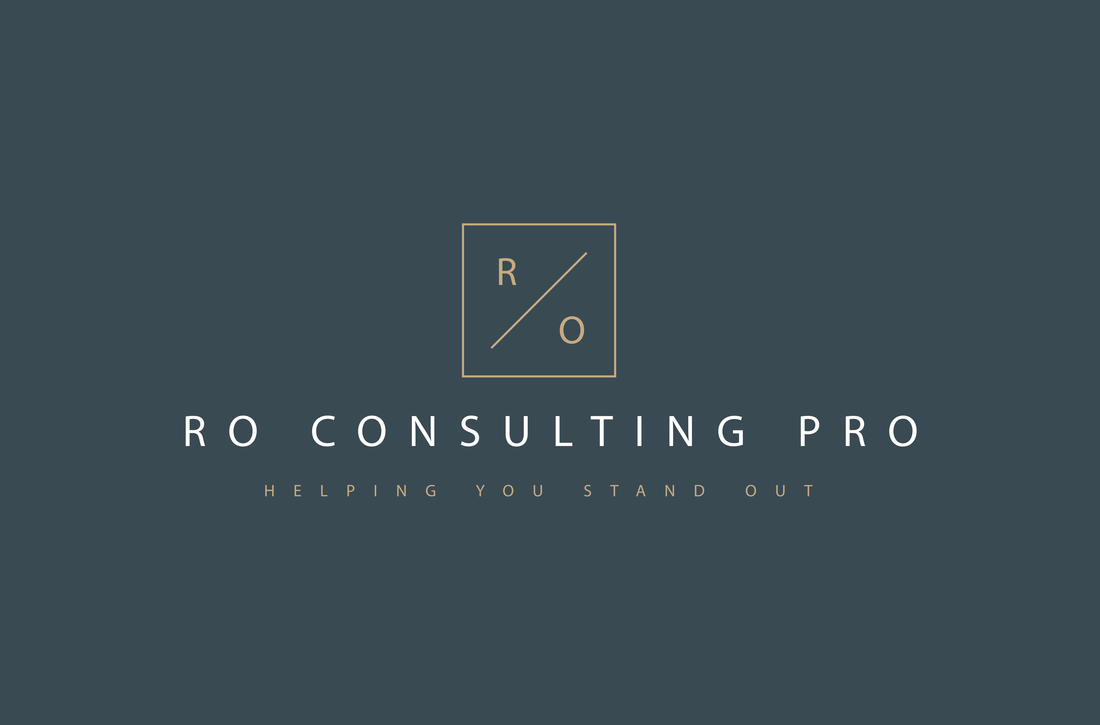|
A cover letter is a document sent with your resume to provide additional information on your skills and experience. The cover letter allows you to sell yourself to the hiring manager. A well-written cover letter can help you stand out from the competition and increase your chances of getting an interview. So, if you provide one, take the time to write a thoughtful, personalized cover letter for each job application. It will be very apparent if you submit a generic one-size fits all document. Your cover letter should be tailored to the specific job you are applying for, and it should include an introduction, body, and conclusion. In today's job market, are cover letters still needed? This is subjective and will vary depending on who you talk to. However, I am sure most will say the cover letter requirement is fading. I am sure you have heard this advice at some point "do not bother with a cover letter, it will not get read anyway." While it is true that some employers do not place much importance on the cover letter and have dropped it as a requirement, some do pay attention to them. Sometimes, it can be the deciding factor between two equally qualified candidates. As someone with a career coaching background since 2007, I will say this, a well-written cover letter can still give you an advantage over other candidates. Should you still send one? Well, it depends on you and your strategy, but it is safe to say that it would not harm you, but can only help you at best. One thing a well-designed cover letter will do, if nothing else, it will demonstrate your communication skills, which is essential in any role. Here's what you need to know about writing a cover letter in today's job market: The purpose of a cover letter A cover letter is a formal letter that is sent to an employer along with a resume. The purpose of the cover letter is to introduce yourself and explain why you are qualified for the position. A cover letter should be concise and to the point. It should not be more than one page long. The first paragraph of the cover letter should state why you are writing and what position you are interested in. The second paragraph should highlight your qualifications and explain why you would be a good fit for the position. The third paragraph should thank the employer for their time and include your contact information. Although cover letters are fading as an application requirement, they can still play important role in your job search strategy today, they give employers a chance to learn more about you as a person, not just a list of qualifications on a piece of paper. A well-written cover letter could make the difference between getting an interview and being overlooked, especially for entry-level job seekers and professionals changing industries. How to write a cover letter When writing a cover letter, some job seekers get anxious about crafting the perfect one. However, if you keep a few key points in mind, you'll be on your way to nailing this part of your job search strategy. For starters, remember that a cover letter is not an autobiography. It's simply a way to introduce yourself and explain why you're a good fit for the position. So, focus on including the most relevant information and keeping it concise. Think about how businesses run, people do not have much time on their hands. Remember you are selling a product or service, which is yourself, and your marketing documents, resume, and cover letter need to be concise and to the point to be impactful in the job search process. Take some time to research the company and the specific role you're applying for, and look for pain points the employer has where you are a solution. This will help you personalize your letter and show that you're genuinely interested in working there. Finally, don't forget to proofread your letter before sending it off! A few typos could signal that you're not taking the application process seriously. How to format a cover letter When formatting a cover letter, there are a few key things to keep in mind. First, include your contact information. Next, address the letter to the specific person who will be reading it. It is best to have a contact name, but this is not always possible. In this case, you can use "Dear Hiring Manager." Then you would draft the cover letter as discussed, introducing yourself and explaining why you are writing. Then, highlight some of your relevant skills and experience that make you suited for the role. What to include in a cover letter A well-written cover letter is still an essential part of the job application process, depending on your strategy. So, what should you include in your cover letter? First, introduce yourself and explain why you are interested in the position. This is your chance to make an excellent first impression. Next, highlight your qualifications and relevant work experience. For example, if you are applying for a sales position, mention your successful track record meeting metrics and achievements where possible. Finally, thank the reader for their time and consider adding a call-to-action, such as asking for an interview. By following these tips, you can be sure that your cover letter will make a positive impression on potential employers if you decide to include one with your job search strategy. Final Thoughts In conclusion, although cover letters are not always required when applying for a job, they can be beneficial. If you have the opportunity to submit a cover letter along with your resume, be sure to take the time to tailor it to the specific job and company. A well-written cover letter can help you stand out from the competition and increase your chances of getting the interview you want. More ResourcesThings to Avoid on Your Resume How Professional Are You? Remember To Practice Both Email And Phone Etiquette The ABC’s of Marketing Yourself Sending Thank You Letters Can Boost Your Job Search Is Your Job Search Method Working? Have You Considered Volunteering? Are You Helping Or Hurting Yourself With Social Media? Do You Hate Cover Letters? Do They Matter? 5 Tips For Your Job Search During The Summer Get Smart With Your Job Search: What is Your Strategy
0 Comments
When it comes to your resume, there are certain dos and don'ts that you should follow to ensure your resume is the best it can be. By following these simple tips, you can avoid making common mistakes that can cost you the job. First and foremost, do make sure your resume is clear and concise. Hiring managers often have to go through dozens, if not hundreds, of resumes, so you want to make sure yours is easy to read and highlights your most relevant qualifications. Another important tip is to customize your resume for each position you apply for. Tailoring your resume shows that you've done your research and are genuinely interested in the position. On the other hand, there are certain things you should avoid doing if you want your resume to stand out. Resume no-no # 1 Don't use fancy fonts or graphics: Stick to a professional-looking font such as Times New Roman or Arial, and resist the urge to get creative with your layout. Hiring managers want to be able to scan your resume and gather the information they need quickly. If your resume is difficult to read or crammed with too much information, it's likely to get passed over. Resume no-no # 2 Don't forget to proofread: Avoid typos and grammatical errors. This shows that you ignore details and may do the same as an employee. Take time to read your resume carefully once you have finished writing it. Don't rely on spell check to correct all of your mistakes. Instead, read it aloud and ask friends, family, and others to help you find any errors. Resume no-no # 3. Don't list hobbies or interests: When it comes to your resume, there are a few things you should avoid if you want to make a good impression on potential employers. One of these is listing your hobbies or interests. This can be unprofessional and even irrelevant to the job you're applying for. Hobbies and interests can also reveal personal information you may not want to share with your employers, such as political views or religious beliefs. Unless these are directly relevant to the job, it's best to leave them off your resume. Instead, focus on listing professional experiences and skills pertinent to the job you're applying for. This will give employers a better sense of whether you're a good fit for the position and help them see how you can add value to their company. Resume no-no # 5: Don't include a photo: While it may seem like a harmless addition, including an image on your resume can do more harm than good. Pictures on resumes are generally seen as unprofessional and can hurt your chances of getting the job. Also, they take up space from areas that could be used for your skills and qualifications. It's better to leave the photos for your social media profiles and save your resume for your experience. Resume no-no # 6: Don't use unprofessional language When it comes to your resume, avoid using unprofessional or informal language. This includes slang, profanity, and abbreviations. Not only will this make your resume look unpolished, but it could also turn off potential employers. If you're unsure whether a specific word or phrase is appropriate for your resume, err on caution and leave it out. There are plenty of other ways to convey your qualifications and experience without resorting to unprofessional language. Instead, you want to convey that you're a serious job candidate worth considering for the role. Resume no-no # 7: Don't include a resume objective It is thought by many to be an outdated part of the application process today. In reality, it just takes up valuable space on the page and tells them something they already know: you want the job. As a Career Coach since 2007, I have been a big fan of summaries instead of the objective because you can use a resume summary as an elevator pitch. This will give the employer a better idea of whether or not you're suitable for the position. Resume no-no # 8: Don't lie or exaggerate about your skills or experience When it comes to your resume, honesty is always the best policy. Don't try to exaggerate your skills or experience to make yourself look more qualified than you are. This will only backfire on you when you're called in for an interview and expected to know everything you claimed to be an expert in on your resume. Instead, be truthful about your abilities and accomplishments, and focus on highlighting the qualities that make you the best candidate for the job. In conclusion, when it comes to your resume, these are a few things you should avoid if you want to create a winning document. Additionally, keeping these things in mind when crafting your resume will help you put your best foot forward. Creating a winning resume takes some thought and effort, but it's worth it when you land the desired job. More Resources How Professional Are You? Remember To Practice Both Email And Phone Etiquette
The ABC’s of Marketing Yourself Sending Thank You Letters Can Boost Your Job Search Is Your Job Search Method Working? Have You Considered Volunteering? Are You Helping Or Hurting Yourself With Social Media? Do You Hate Cover Letters? Do They Matter? 5 Tips For Your Job Search During The Summer Get Smart With Your Job Search: What is Your Strategy We at RE-Academy understand that this is a difficult and uncertain time with COVID-19 impacting all of us in various ways.
We are producing an ongoing list of resources to help people in a variety of ways. In house, we're offering resume support and job training direction to help people impacted by COVID-19 find new jobs. We're helping people find opportunities from home that are suited to their skills and experience, along with assisting and training others in small business development. Click below to see the list of resources available. We are returning to the topic of “Personal Branding.” It is the most significant part of selling yourself. What do employers and peers assume when they see your resume, cover letter, business card, website, blog or even see you in person? Just as business market products/services to consumers, you are selling yourself to potential employers. Consider the 3 out of the 4p’s Product, Promotion, and Place. Product/Service = YOU
We recommend personal branding because of what it can do to help job seekers with their careers. Right now, to most personal branding is just a buzzword. However, it is the remedy for enduring a competitive job market. From our experience working with job seekers, it can be tough even to get an interview, and that is only half the battle. Resume after resume are submitted to organizations. Some will make it to the hiring manager's desk while others will be tossed away. How do you get into the pile they read? How do you set yourselves apart? Personal Branding is the solution. Think about what makes your product different from another. Identifying your skills and ability well and how the employer would benefit from it is the goal. In marketing terms, If you understand both the product and target market well, you will be able to sell it with the right mediums. Don’t be left behind! What amazing product do you know that sells without Branding? Well, you are one of those fantastic products! BRAND YOURSELF!! More ResourcesHow Professional Are You? Remember To Practice Both Email And Phone Etiquette
Sending Thank You Letters Can Boost Your Job Search Is Your Job Search Method Working? Have You Considered Volunteering? Are You Helping Or Hurting Yourself With Social Media? Do You Hate Cover Letters? Do They Matter? 5 Tips For Your Job Search During The Summer Get Smart With Your Job Search: What is Your Strategy Here are some tips:
Remember first impressions are everything. Landing a job interview usually starts with an email or phone communication. It is imperative to present yourself professionally, so you will need to put your best foot forward. More ResourcesSending Thank You Letters Can Boost Your Job Search
Is Your Job Search Method Working? Have You Considered Volunteering? Are You Helping Or Hurting Yourself With Social Media? Do You Hate Cover Letters? Do They Matter? 5 Tips For Your Job Search During The Summer Get Smart With Your Job Search: What is Your Strategy Job seekers require a sound strategy to be successful in this competitive market. You should always take additional steps to stand out from other applicants. At RE-Academy we teach job seekers to keep in mind that employers are your potential clients, and you need to convince them to purchase a service which is you and your skills. A thank you letter shows gratitude for the interviewer’s time. Looking for the right fit for not only the position but the company itself is a time-consuming process for an organization. Employers will appreciate your courtesy so always send a thank you letter. Additionally, it will provide you with another chance to confirm that you are the right fit. The letter should be prepared immediately following the interview. Hiring decisions can be made promptly. Therefore, sending a thank you letter quickly will remind the interviewer of what a professional and thoughtful candidate you are! Keep in mind that today's business professionals never, ever have enough time. Therefore, every action you take at each stage of the job search process should add value to their time. When you send a thank you letter immediately, you will demonstrate that you understand the importance of following up and professionalism. Plus, You are helping the hiring manager with their selection process by reemphasizing your interest in the position. Suggestions for composing a great thank you letter: Specific – Do not give a generic thank you note. Discuss the significant points that occurred during the interview. Reinforce – Restate those critical skills that the interviewer was impressed with. Timely – Send your thank you letter within 48 hours (we suggest ASAP) of the interview. Concerns – Be sure to address any areas of interests for the employer about your abilities and fit for the position. Hand-written – Thank you letters written by hand have the most significant impact but, depending on your penmanship and location of the employer, a typed letter can also be appropriate. Appearance – Thank you letter should be professional in presentation and content. Use a standard business format. Each person – If multiple people interviewed you, thank each person individually with a different thank you letter. Never send interviewers at the same company the same message. They will compare the notes. Proofread – Edit your thank you letter carefully. In this market, you cannot afford to make one little mistake. Keeping your name in the presence of the interviewer is essential! Send a thank you letter every time. More Resources
Are you unemployed? You probably tried various job boards, employer websites, job search events, employment agencies and anything else you can think to do. Are you working all the usual methods? Remember the conventional techniques are always a viable part of your job search, but they can only take you so far. Think about it. How many other job seekers are using the same methods as you? You need to be creative! Job seekers need a better approach. You know that networking is the key to a successful job search. Have you thought about volunteering to help expose you to even more possible leads and opportunities? We know that employers are receiving three times more resumes compared to the past. How will you stand out? Volunteering can be another option for you. I know some of you are thinking that volunteering while job searching is a waste of time, but it can help provide you with more contacts and leads. Those who include volunteering in their strategy:
Volunteering may be what you need to give your job search a little boost. It will allow you to take some time off from your job search and donate your time to a great cause. Today you can even find remote volunteer opportunities. Here are a few places to look: You can also check out the website of the nonprofit you are interested in helping. You can also find our volunteer opportunities here. More ResourcesTake a look at your Facebook, Instagram and other social media pages. Would you be comfortable with your boss or a potential employer observing the profiles? If not, please clean it up! You can be sure that employers will check online profiles and use what they find in hiring decisions. Even if your page is blocked or set to private, do you know everyone on your friend list and their connections? Are you willing to take the risk? Have you performed a thorough Google search on yourself to see what appears during a keyword search of your name? Make sure nothing online is damaging your brand. Protect your online image. Be careful with the information you post about yourself on the internet. If anything is attached to your name (your brand), keep it professional. Yes, we recommend the use of social media but do not forget that people are always looking. The wrong pictures and information posted about you could lead to a damaged brand and difficulty with job prospects. Just as a brand for a product can be ruin so can yours. Your brand is something to protect and cherish. You are the one that can build and maintain it. Your brand is the only one you have so don’t let others destroy it. Do not be careless with it. Just like a brand for a product once it is damaged, it is almost impossible to restore it back to its original state. More ResourcesHate cover letters? Well, now is the time to get over your hate and start to love them. Okay, maybe not like them but at least understand their importance to employers. We received a question from a job seeker recently asking if cover letters do matter. Our answer is yes they do matter. Cover letters are a significant part of your job search strategy. Your job is to provide your customer (employer) with all the tools needed to make a final purchase decision regarding different products for sale (job seekers). Cover letters offer an opportunity for job seekers to differentiate themselves from competitors. Cover letters also provide another chance for job seekers to showcase their skills using examples and paint a picture for the employer. Just like products paint a picture for potential consumers you need to do the same. In today’s economy, you need to stand out. Consider cover letters a necessity for today’s job seekers. Please note that your cover letter needs to be well written. Sending ineffective marketing material to your consumer is not going to help your position. However, it will surely hurt your chances of scoring an interview. At the same time, there is nothing worse than not sending marketing material at all. Remember that a cover letter is merely a business document. Meaning it is concise and to-the-point, the cover letter is not an English paper, but at the same time, it provides enough information for readers to make a sound decision. In this case, the employer is deciding to bring you in for an interview or not. The purpose of the cover letter:
Keep your cover letter to one page. Remember employers are busy. They hardly have time to recruit and fill for openings. It is your job to make it easy for the employer to identify you as the solution to their problem. The mission of RE-Academy is to empower people from underserved communities, youth and disabled achieve economic self-sufficiency by providing a network of support, professional coaching, development tools and a confidence boost to help them thrive in work and life. More ResourcesJob seekers, there is no doubt that you are confronting a challenging time. Whether you have 20 years of experience or only a year, the pressure is on. However, realize it is not impossible to find opportunities, despite challenges. However, you need to go the extra mile to show employers that you are the right fit. The cost to let an employee go and hire another is high. Employers want to pick the right fit the first time around. Here are our tips to help you stand out: 1. What is your brand and value proposition? What will you bring to the company? What makes you better than the rest? This step needs to show in your resume, cover letter, interview and even as you network. Have your elevator speech down. If you met the CEO of your dream company and had 15, 30 or 60 seconds to talk about yourself, what would you say? 2. Utilized free career-related workshops. Services that can cost hundreds of dollars are available at no cost (or minimal fees) from organizations looking to help out job seekers in transition such as RE-Academy. There are chances that you can get assistance with resume development, interview preparation, networking effectively, and much more for free depending on your income. Stay tuned to this site and signup for our newsletter for information regarding events coming up in the area and online training. 3. Research every organization before you submit your resume. You need to know about these companies well before an interview. It displays your professionalism and your interest in the company. Employers want employees who will love their company not just the job. This step will help you stand out by showing that you are genuinely interested in the organization and you will be ready to hit the ground running on day one. Do not just check out the company’s website. Read articles on the company and create Google news alerts for organizations. Your goal is to impress the employer with your knowledge of their business. 4. Joining LinkedIn is a requirement. Job seekers are having fantastic luck on LinkedIn. Recruiters, headhunters, managers, and others with hiring decision power are recruiting via this site. Make sure you are taking advantage of every aspect of LinkedIn. Many resumes and business cards will have a link to a LinkedIn profile. Create your profile today. You can also use LinkedIn to find out more about a company and their employees. Job seekers use the site to become more familiar with the interviewer. You can also use it as a powerful networking tool and meet people who have similar interests as your own. 5. Your documents need to be flawless. Resumes, cover letters, thank you emails, websites, social networking sites, portfolios and any other tool you are using to market yourself must be perfect. I know this seems like an apparent one, but typos and grammar issues are pet peeves of employers today. If you can, get the advice from someone in the industry. Again, all marketing tools need to be 100% error free and relevant to your industry. The mission of RE-Academy is to empower people from underserved communities, youth and disabled achieve economic self-sufficiency by providing a network of support, professional coaching, development tools and a confidence boost to help them thrive in work and life.
|
